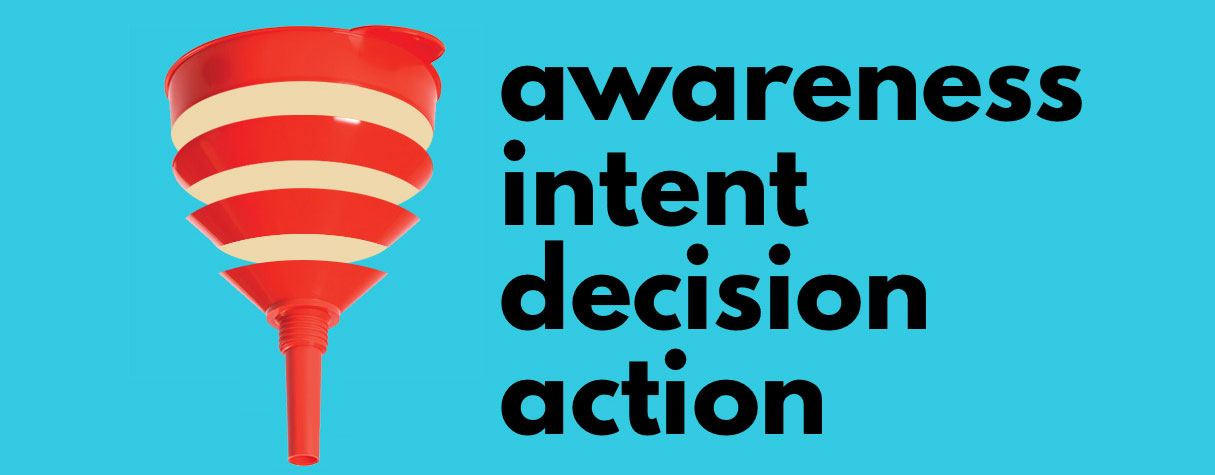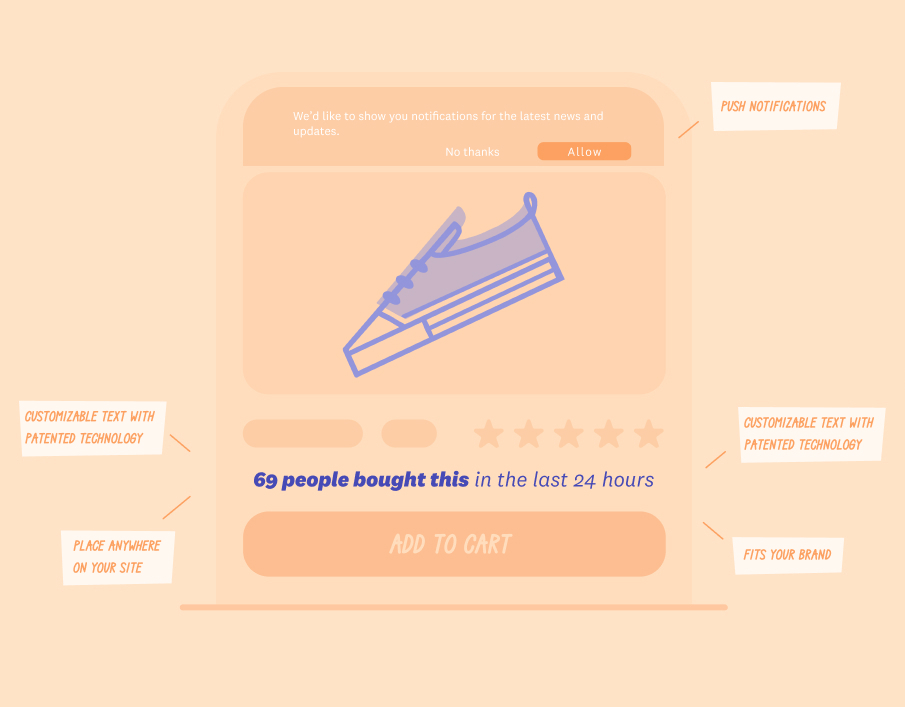Table Of Content
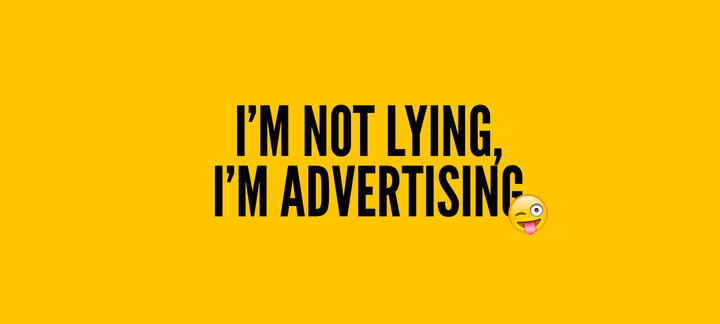
While marketers are taught to create hype, consumers learn to ignore it.
As entrepreneurs on a journey to win confidence, we have 2 options:
- bend the truth
- tell it like it is
Which is best for your brand?
Let's ask Hyundai.
Rounding error
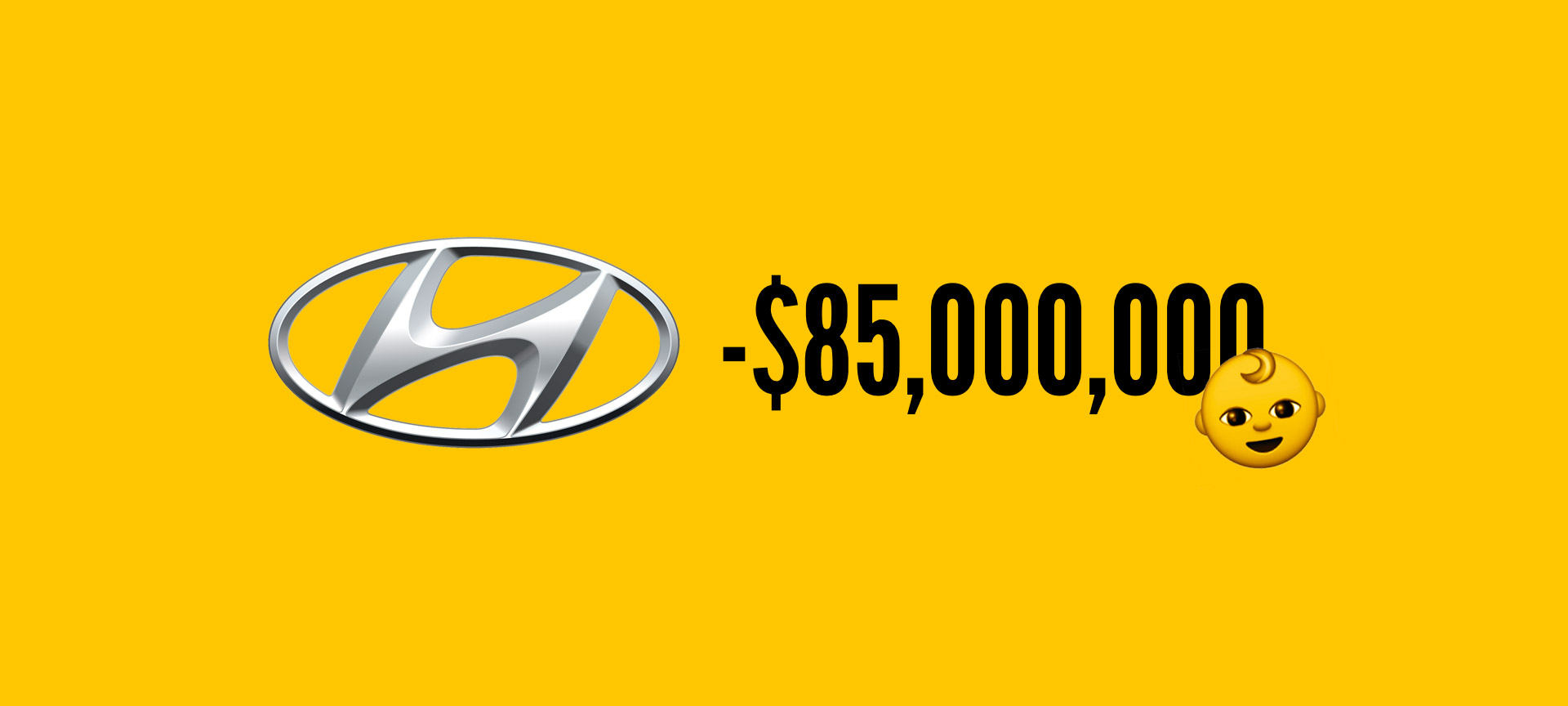
In 2001 the Korean manufacturer was brought to task over claims they made on 1.4 million vehicles. It seemed they had overestimated the horsepower by 4%.
The company attempted to write it off as a mere miscalculation - just a discrepancy in rounding up.
Consumers didn't buy it.
They formed a class-action suit and took Hyundai to the cleaners -- ultimately, Hyundai settled for $85 million.
Damages your reputation
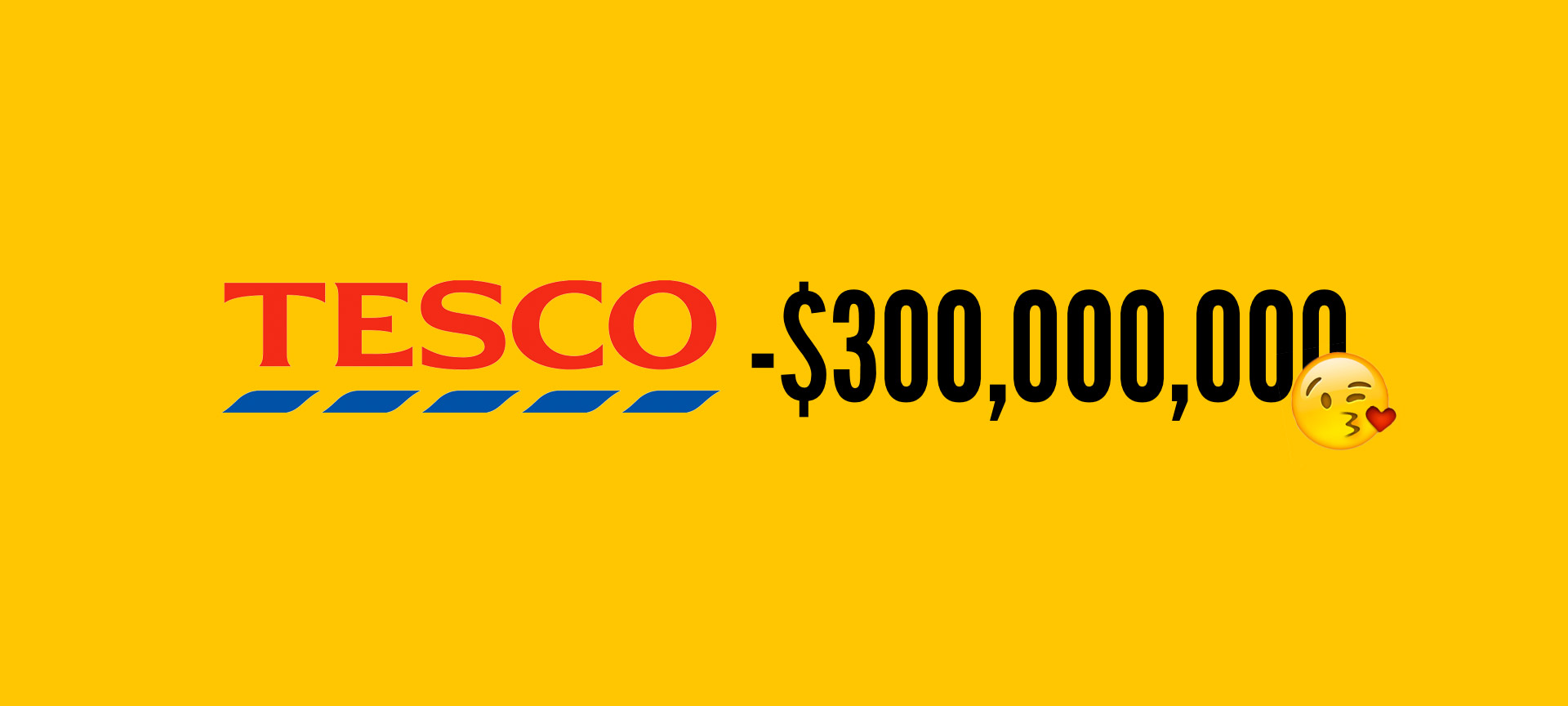
Even when a company isn't fined, the backlash from false advertising can ruin reputations.
Tesco, the British supermarket giant, learned that lesson in 2013.
The company was still reeling from the discovery of horse meat in their beef burgers. And although it's a popular meat on the continent, the British public was far from happy.
In an effort to restore their wounded image, Tesco ran a 2-page advert in several national papers. In the ad, they claimed the problem was rife in the UK meat industry. The problem with this approach was that it was completely untrue. (And it didn't take long for other meat producers to start complaining.)
The UK advertising regulator stepped in and banned the adverts, publicly tarring the grocery titan and shattering what was left of their goodwill. The result - £300 million slashed from the company's value.
Unscientific claims

Even humorous advertising claims can leave a company open to attack. For decades, Red Bull has claimed its energy drinks "give you wings." Not in a literal sense, of course. They meant it improves concentration and gives you mental clarity. Unfortunately, they had no scientific evidence to back these claims.
In 2014, they settled a class-action suit to the tune of $13 million. They stated that they stood by their claims, and were only settling the suit to avoid the "distraction" of litigation.
Which leads to another important point: even when the accusation is proven false, the cost of defending yourself against a legal suit can be incredibly high.
Strategic warfare and bureaucracy
When large multinationals are willing to hand over 8 figure sums to prevent a case from dragging on, they're clearly taking the cheaper option. What choice do SMEs have?
In the case of large companies with millions of customers, it's easy to see how small risks can grow into large disasters. Are smaller companies safe?
Far from it. We all work in competitive industries. We fight with other companies over a very limited resource - customers. Every time a competitor falters or fails, it's a win for us.
The same is true for them. They have every motive to sue you for unfair advertising, so given half a chance, they will.
And then there are the government regulators. They are charged with enforcing compliance with advertising laws and standards.
Their most effective method is to "put a head on a spike" - to successfully sue those who transgress. It's a somewhat medieval measure, but it works.
Grey areas in advertising
False and illegal advertising is a huge risk, and that's true whether you're the CEO of a fortune 500 company or the proprietor of a small restaurant.
Absolute truth in advertising is something of a rarity. But not every untrue statement is false advertising.
In the 19th century, the courts ruled that some untruths are acceptable - they called them "puffery". Puffery covers subjective claims that no reasonable person would accept as true.
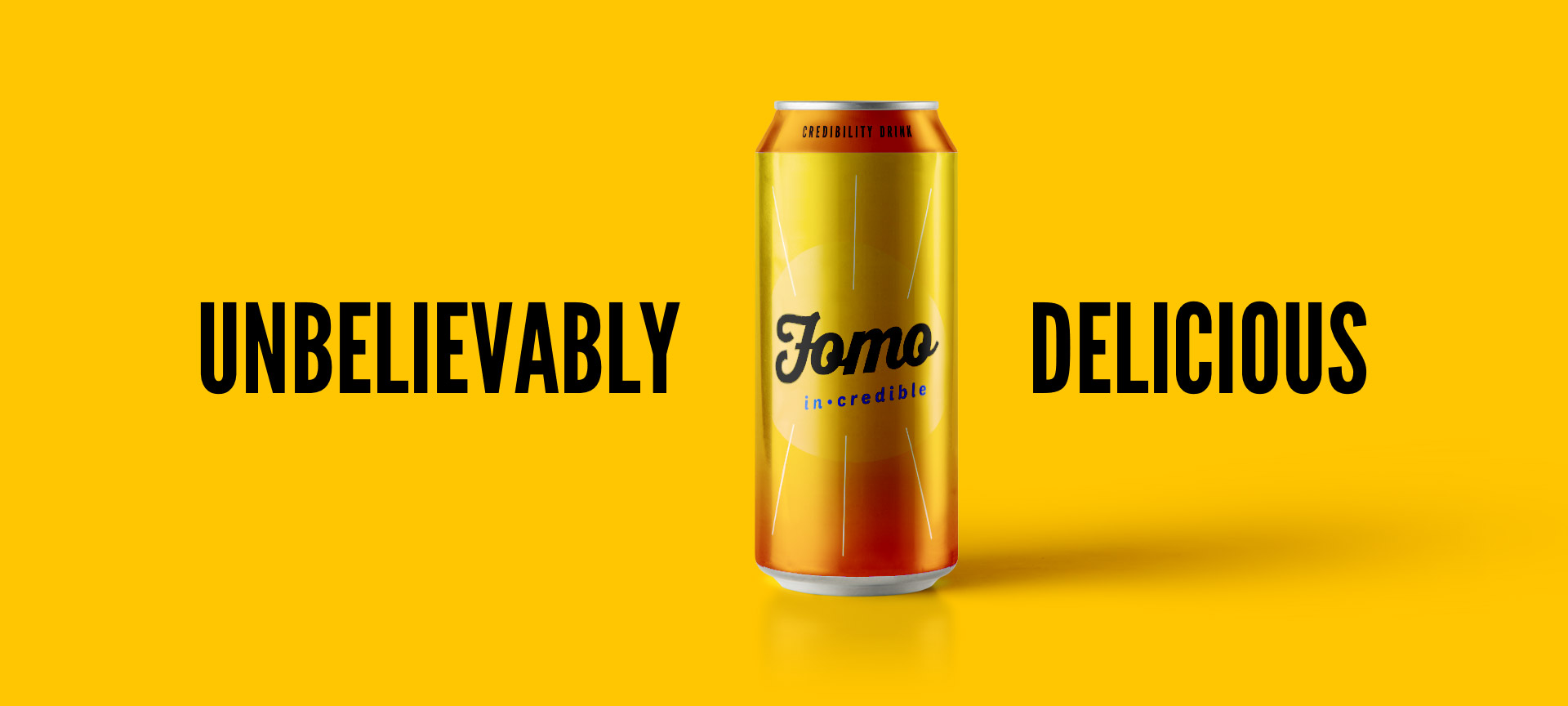
For instance, if I were to tell you my new soda was "unbelievably delicious", that's clearly not true.
No matter how delicious the drink actually was, I doubt you would have any difficulty believing it. Similarly, I could tell you it was the most delicious drink in the world (as Martini once did).
These statements are clearly subjective - even if most people agreed the drink was divine, there would always be some who despised it.
Further, we all know statements like hold little weight when they come out of the advertiser's own mouth.
Puffery Advertisements
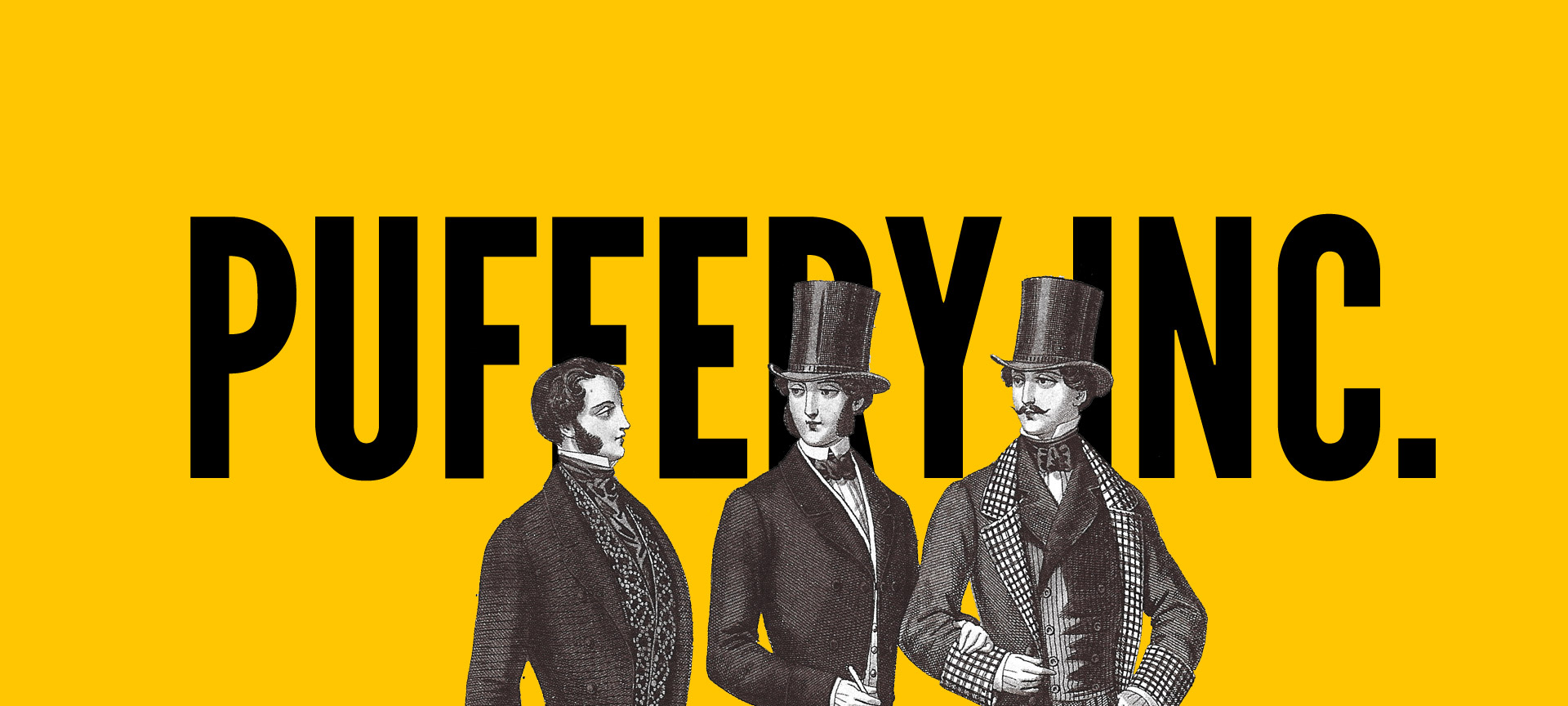
Puffery is a term used in marketing to justify exaggerated claims that are impossible to prove or disprove.
Such statements are usually vague or so broad that they can't be reasonably challenged, even when they ring false.
Such advertising is surprisingly common.
How many times have you walked past a dilapidated diner only to read that they serve "the best burgers in the state." How many times have you seen a plumber offering the "fastest" service?
In these cases, the advertising has stepped outside the bounds of mere puffery. Whenever you make an objective claim that can be verified, you're at risk - unless you can prove your case.
Truth be told, puffery is a lazy marketing tactic.
In fact, the negative reaction to puffery was the subject of a study published in the Journal of Consumer Research, by Alison Jing Xu and Robery Wyer.
They played some beer commercials to a group of men, including two actors who claimed the beer was better because of a fictional brewing process.
The men (who considered themselves to be beer connoisseurs) rejected the fancy brewing process as preposterous.
However, when they were shown similarly adverts for ladies' skin care products, they were impressed by the scientific value of an ingredient called "sebopur complex."
The same adverts were shown to women, who laughed at the skin care products and were taken in by the beer ads.
The difference between the two groups was their degree of familiarity with the products. People who trust their own knowledge in the subject area are much harder to fool. They can spot an empty boast a mile off, and they reject the advert.
These results raise an interesting point. It seems puffery is more effective with consumers outside the target audience.
In other words, puffery turns away people who may have bought your product, while impressing the ones who are unlikely to ever buy it.
The line between puffery and false advertising is very hazy. This makes it a very weak defense, subject to arbitrary snap judgments by a court.
Sometimes, advertisers manage to dodge a bullet. This happened in 1957 in the case of "Better Living Inc," a Wisconsin hardware store.
They claimed to have the "lowest prices in the world" - an obvious untruth. But the judge agreed the advertising was mere puffery, and the FTC dropped the case.
Lying by omission
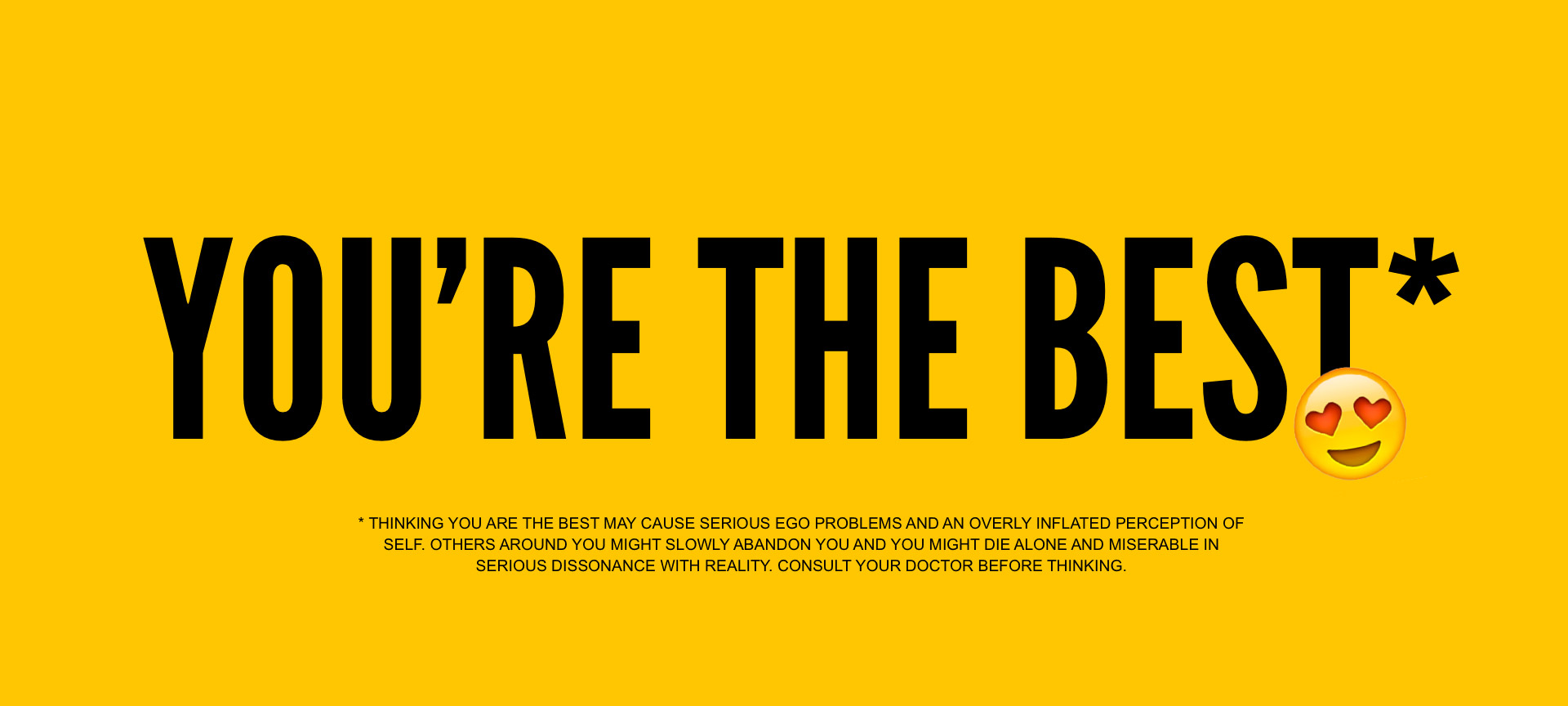
Often, false advertising occurs when vital information is omitted from the advert. If a customer would expect something to be true, but it isn't, then that's a case of false advertising, too.
This was once a common practice for pharmaceutical firms, who would fail to mention a drug's side effects in their advertising. Or they would show them in tiny print, or employ a "speed reader" to list them. Speed readers are humans gifted with the ability to talk faster than most people can hear.
Of course, this information would have a big impact on a consumer's decision to buy the drug (or to ask their doctor for a prescription). Knowing the drug can cause insanity or sudden death is likely to dampen their enthusiasm.
Making the print too small to read, or reading it too rapidly, were both tactics designed to hide the information. By withholding the information, the advertiser presented a false impression of the product - possibly misleading the consumer into making a purchase.
Fortunately, this practice has ended - thanks to legal action against the worst offenders.
False reviews and testimonials

Another common practice is false testimonials - recommendations from people who haven't actually used the product. These used to be very common in the fitness world.
If you made a habit of watching late night TV, you would be treated to the sight of b-list actors and actresses raving over the latest home gym gimmick.
They would gush over its amazing fat burning powers. They would praise its ergonomic design that makes it easy to exercise without effort. The problem was they never used the product.
Eventually, the FTC hammer fell, and it fell hard. Today, late night infomercials are much more transparent.
In a similar vein, it was once common for newspapers and magazines to publish 2-page advertorials.
Lacking sponsored by flare, they looked like real reviews, and tricked many readers into the mail order form option at the end.
This falsified review format exists exclusively to deceive readers. Today, advertorials have to be clearly labeled as such, usually in bold type at the top of the piece of content.
Fake influencer marketing
When blogging was new, there were "advertising" agencies who brokered deals between bloggers and companies. Blogs with a large enough audience could earn big checks for writing nice things about the client. Sometimes they would earn commissions on referred sales, too.
The practice became so fragrant that some bloggers set up fake blogs with false personas. The blog had one purpose - to promote the product or service.
They would write about how a certain product had turned their lives around, and how they were "sharing" the good news with their readers.
The FTC cracked down on both sides pretty hard. Bloggers and advertisers were both fined heavily.
Amazon, TripAdvisor, Yelp

Unfortunately, false advertising practices have spilled over to legitimate commission-based affiliate programs, such as the Amazon Associates platform.
Often, unscrupulous bloggers will write in-depth reviews of products they have never actually seen. To the casual reader, it looks like a genuine review from a satisfied user.
Needless to say, Amazon works hard to weed these bloggers out and ban them from their program. Every false review that slips through the net puts them at risk of legal action, even though they did not write the advert or publish it.
In some cases, a company whose job is to host reviews is not blameless.
A modern trend is to write false reviews on consumer websites, such as Yelp or TripAdvisor. Often, these reviews are not caught, as it's extremely hard to tell a fake review from a real one.
But that doesn't mean the "advertiser" doesn't get caught. When every genuine review paints a less than glowing picture, the false ones stick out.
False reviews are fraudulent, and the penalties can be very steep.
Legislators and regulators are cracking down on these offenses, and the consumer review sites are cooperating fully. So there's a big risk in writing "one little positive review" on a popular website.
Reputation Management taboos
Another modern twist on false advertising is fake endorsements written by so-called "reputation managers." These characters set themselves up as legitimate PR agencies. When a VIP or company finds their reputation tarnished by critical news stories (deserved or not) they turn to the reputation managers to make the bad PR vanish.
The reputation manager does this by creating fake social media accounts and blogs and filling them with positive statements about their client. They use search engine optimization to fill Google's results with these puff pieces, hiding the original news items.
Since the "positive" news stories are entirely made up, published under the names of people who do not exist, this is just another flavor of illegal advertising.
And while the most flagrant cases are quite easy to spot, puffery again makes it less black and white in more sophisticated cases.
Tl;dr
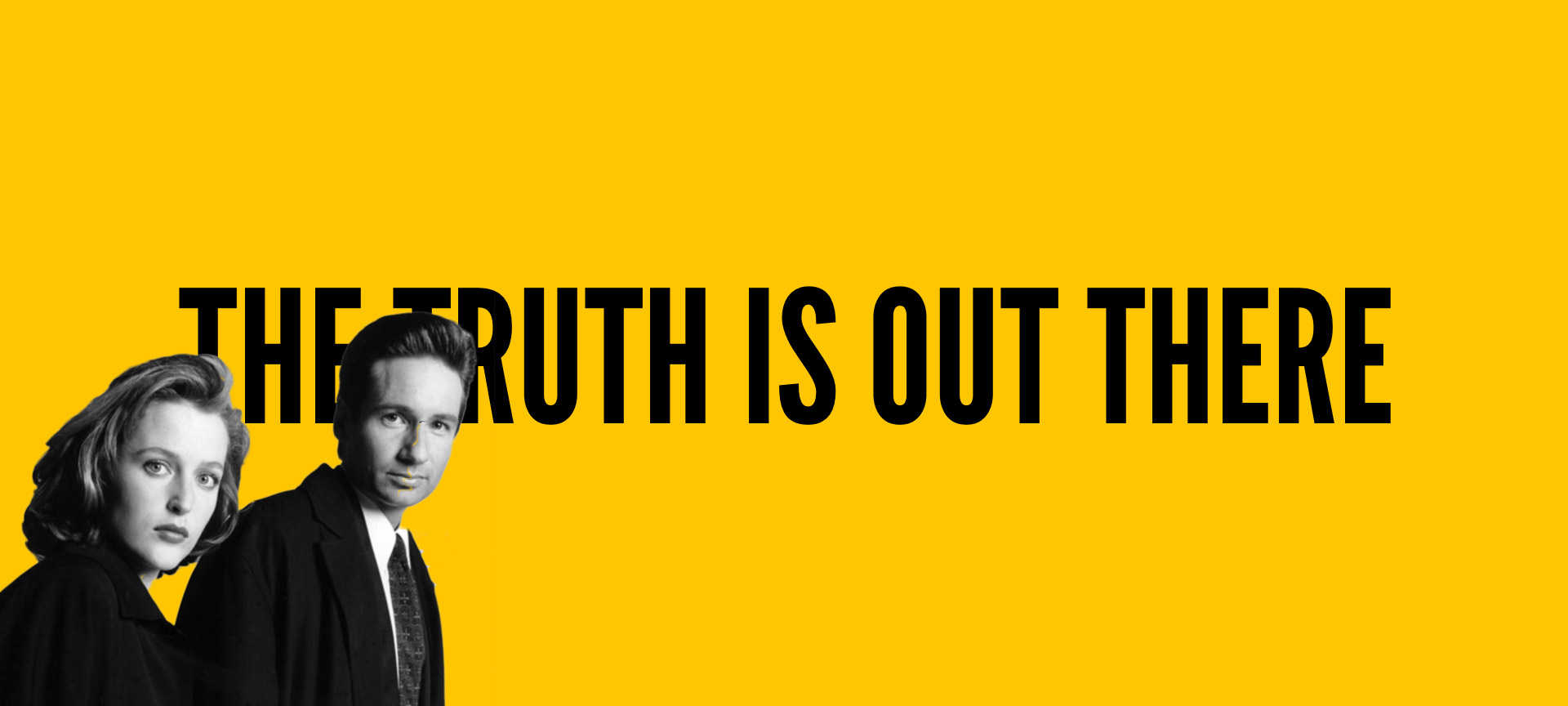
False advertising is extremely risky.
When companies create shortcuts, they always pay them back (with interest) later, through lost market share, lost trust, boycotts, or legal settlements.
Puffery is also ineffective.
The influence works on out-of-market buyers, and gets an eye roll from your target audience.
So what are marketers left with?
How about the truth?
Customers appreciate honesty. It fosters goodwill, which is the first step towards brand loyalty.
Customers rally around a point of view. Publish your vision statement public and build a tribe that makes [genuine] outrageous claims on your behalf.
Most importantly, customers want their expectations to equal their results.
It's easy to write clever marketing copy for a solution you don't have; this is the #1 cause of churn, refunds, and support tickets.
But if you're proud of your customers and they're proud of you, consider showing them off as an alternative to false advertising.
It's kinda our thing.




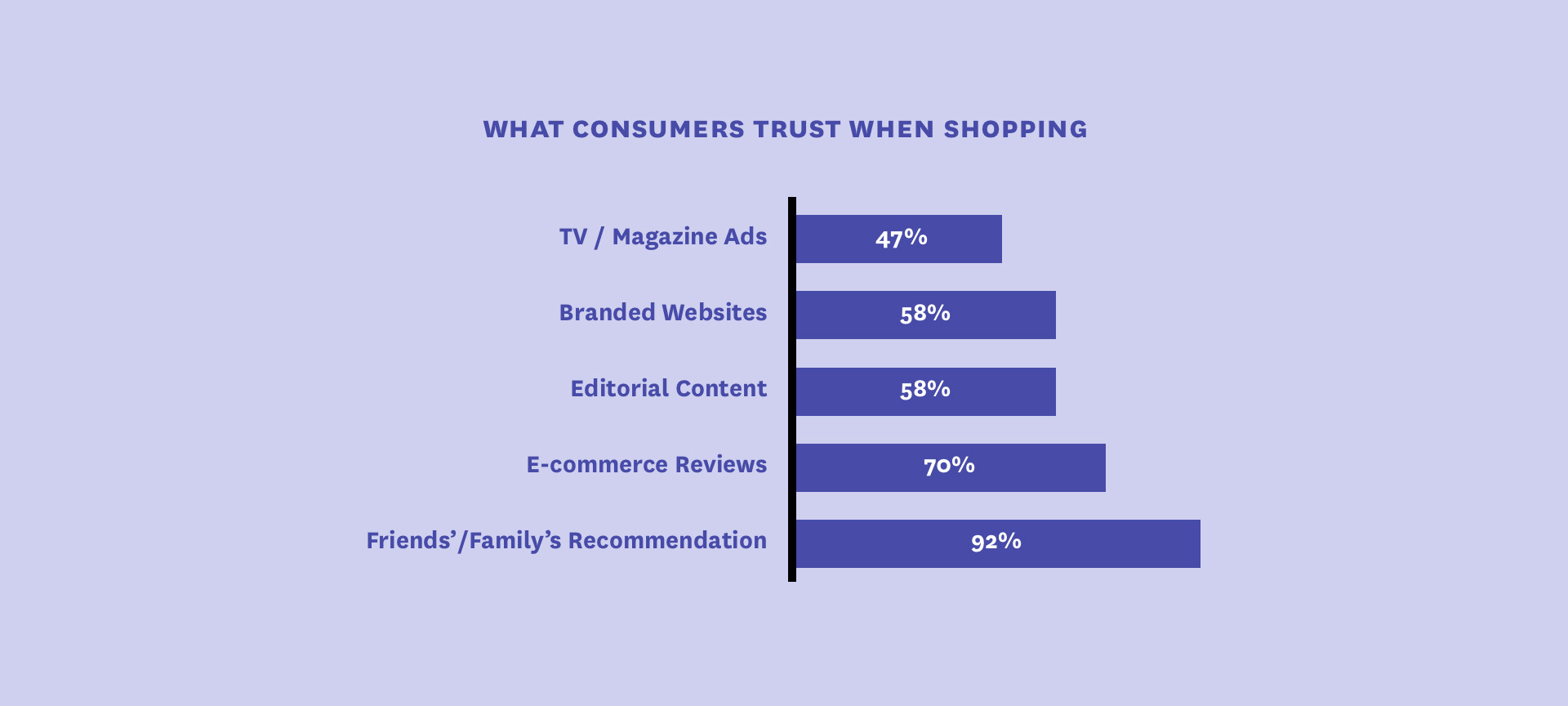
 1.svg)
 1.svg)
